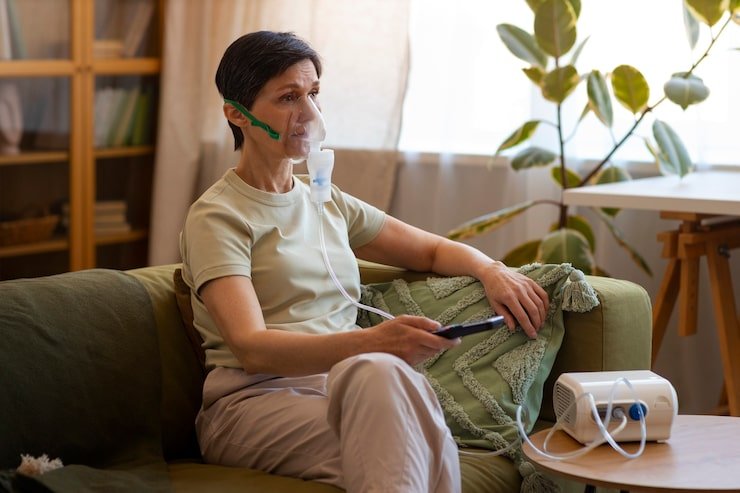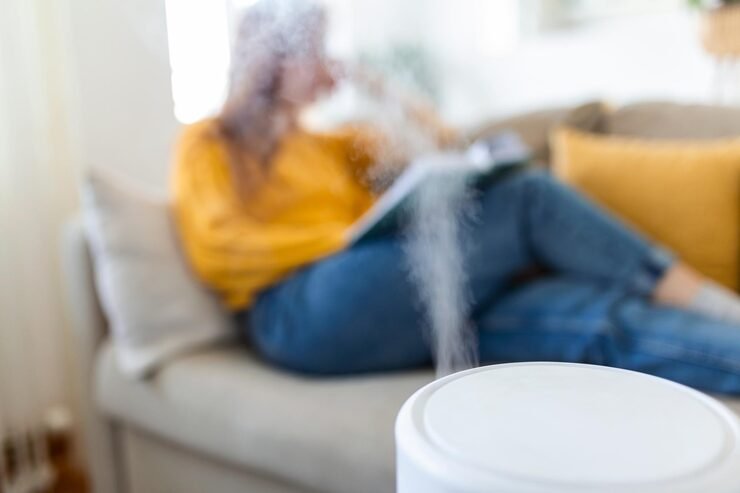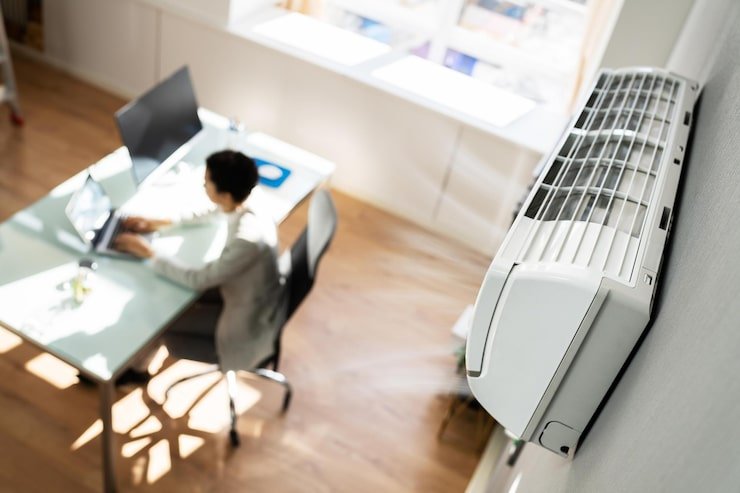Residential Mold Testing: Protect Your Home and Family from Hidden Dangers
- admin323029
- Blog
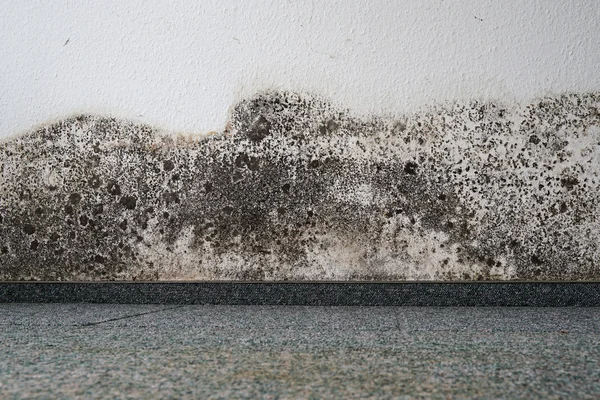
Mold is a pervasive household issue that can cause significant health risks and structural damage. Professional mold testing is crucial for detecting and addressing visible or hidden mold early. Mold exposure can cause health issues like allergies, skin rashes, and toxicity, especially in those with weak immune systems. This guide covers 10 signs of mold toxicity, remedies, and prevention tips to protect your home.
Mold thrives in damp, humid environments and spreads through airborne spores. If left unchecked, mold can lead to:
- Health Risks: Mold exposure causes respiratory issues, fatigue, and mold exposure rash. Those with a weakened immune system are at higher risk.
- Structural Damage: Mold compromises the integrity of walls, ceilings, and insulation, resulting in expensive repairs.
- Toxic Effects: Some molds, like black mold, release mycotoxins that lead to severe health problems, including mold toxicity symptoms.
Early mold inspections and testing can prevent these risks, ensuring a healthier living environment.
Is Black Mold Hazardous?
Yes, black mold is dangerous, especially for children, the elderly, and those with health issues. Here’s why black mold is dangerous:
- Respiratory Problems: Symptoms include wheezing, coughing, and shortness of breath.
- Skin Reactions: Prolonged exposure can lead to black mold rash and other skin irritations.
- Neurological Effects: Fatigue, headaches, confusion, and memory issues are common signs of black mold poisoning.
- Toxin Production: Black mold produces harmful toxins that require immediate attention and remediation.
If you’re wondering, how do I know if I have black mold, look for black spots in damp areas such as bathrooms and basements. A professional mold inspection can confirm its presence and help determine the next steps.
10 Warning Signs of Mold Toxicity
Mold toxicity occurs when prolonged exposure to mold affects your body. Watch for these 10 warning signs of mold toxicity:
1. Persistent sneezing, coughing, or nasal congestion.
2. Fatigue that doesn’t improve with rest.
3. Skin rashes or a mold exposure rash.
4. Shortness of breath or wheezing.
5. Frequent sinus infections or sore throat.
6. Worsening asthma or allergy symptoms.
7. Neurological symptoms like confusion, dizziness, or memory problems.
8. Sensitivity to smells, chemicals, or light.
9. Muscle aches, joint pain, or headaches.
10. Recurring respiratory issues or worsening lung conditions.
If you or your family members experience these symptoms, especially after noticing musty smells or dampness in your home, schedule a professional residential mold testing service immediately.
Signs of Mold in Your House
Mold often hides in hard-to-see places, making detection challenging. Common signs of mold in your house include:
- Visible Mold Growth: Mold appears as black, green, or white spots on walls, ceilings, or floors.
- Musty Smells: A persistent earthy or damp odor is often a sign of hidden mold.
- Water Damage: Stains, peeling paint, or warped materials caused by leaks or high humidity.
- Unexplained Health Symptoms: Respiratory problems, fatigue, or mold allergy symptoms that worsen indoors may signal mold exposure.
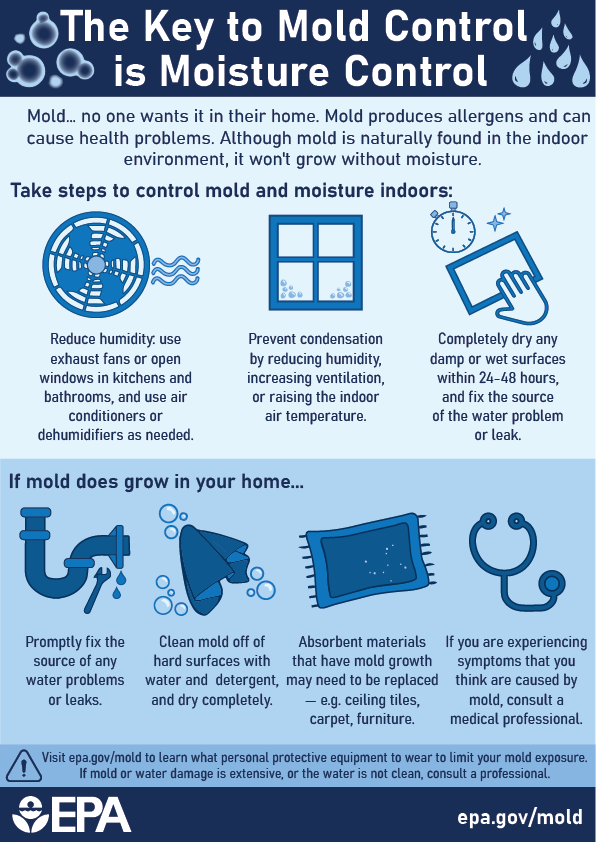
When to Test for Mold
Certain situations call for professional residential mold testing, including:
- After Water Damage: Flooding, leaks, or plumbing issues create ideal conditions for mold growth.
- Persistent Health Symptoms: Testing can determine if mold exposure is causing your mold allergy symptomsor mold toxicity.
- Before Real Estate Transactions: Mold inspections protect buyers and sellers from hidden liabilities.
- Post-Remediation Testing: Confirm that previous mold removal efforts were successful.
Testing is essential to detect hidden mold and mildew and develop an effective remediation plan.
How to Treat Mold Poisoning
If you’ve been exposed to mold, follow these steps for recovery:
1. Consult a Doctor: Persistent symptoms like fatigue, mold exposure rash, or respiratory issues may require a blood test for mold exposure or an allergy test.
2. Use Air Purifiers: HEPA air purifiers can reduce airborne mold spores in your home.
3. Seek Remediation: Professional mold removal ensures thorough elimination of mold.
4. Consider Detox Treatments: A doctor may recommend medications or detox protocols for mold toxicity treatment.
Remedies for Mold Exposure
Effective remedies for mold exposure involve addressing both health and environmental factors. These include:
- Medical Treatment: Antihistamines or corticosteroids may relieve mold allergy symptoms like sneezing and skin irritation.
- Environmental Changes: Professional remediation removes mold, while improved ventilation and dehumidifiers prevent regrowth.
- Air Quality Improvement: Using air purifiers and cleaning HVAC systems reduces exposure to mold spores.
How Residential Mold Testing Works
Professional mold testing uses advanced tools and techniques to detect mold and its severity. Methods include:
- Air Sampling: Measures airborne mold spores to identify hidden contamination.
- Surface Sampling: Collects samples from visible mold on walls, furniture, or floors.
- Bulk Sampling: Analyzes building materials like drywall and carpet for mold growth.
- Infrared Moisture Detection: Pinpoints hidden areas of moisture that may harbor mold.
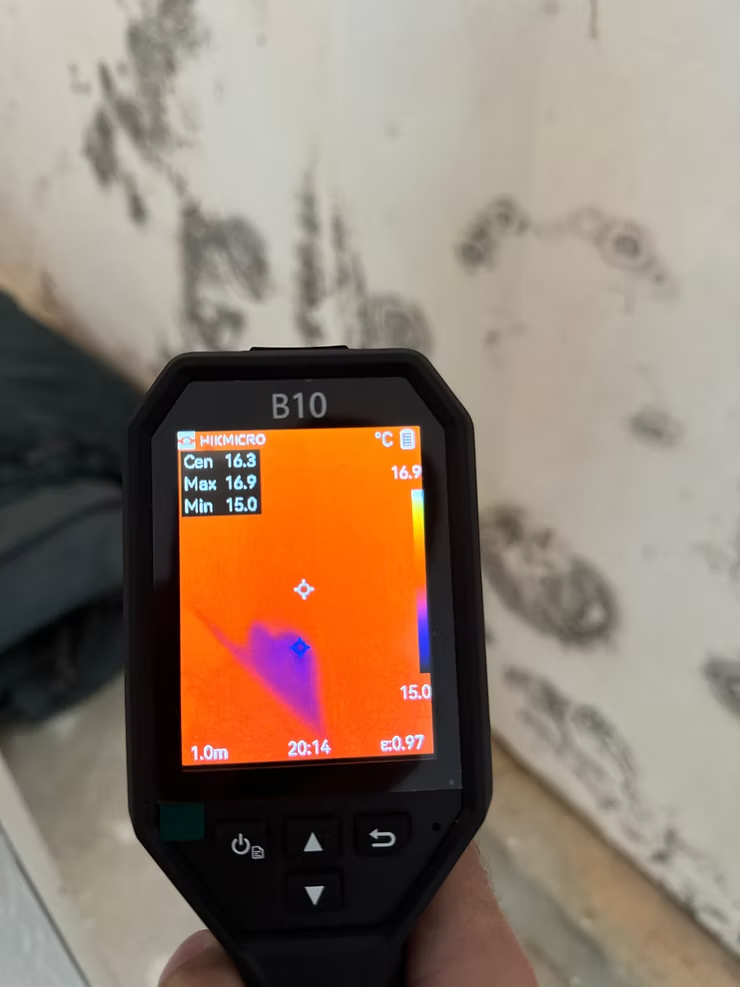
Preventing Mold Growth in Your Home
Prevention is the best way to avoid mold issues. Follow these tips to keep your home mold-free:
- Control Humidity: Maintain indoor humidity below 50% using a dehumidifier.
- Fix Leaks Quickly: Repair plumbing, roof, or window leaks promptly to prevent water damage.
- Ventilate Properly: Use exhaust fans in kitchens and bathrooms to reduce moisture buildup.
- Dry Wet Areas Promptly: Address spills or leaks within 24–48 hours.
- Use Mold-Resistant Materials: Opt for mold-resistant drywall, paint, and insulation during renovations.
FAQs About Mold Testing and Exposure
- What Are Mold Allergy Symptoms? Common symptoms include sneezing, itchy eyes, nasal congestion, and skin rashes.
- How Do You Treat Mold Poisoning? Treatment involves medication, detox protocols, and professional mold remediation to eliminate environmental exposure.
- Is Black Mold Hazardous? Yes, black mold is hazardous, causing respiratory issues, black mold rash, and neurological problems.
Why Residential Mold Testing Matters
Residential mold testing is essential for protecting your health and home. It provides:
- Improved Air Quality: Reduces mold spores and allergens.
- Health Protection: Prevents severe conditions like mold toxicity or chronic respiratory issues.
- Property Value Preservation: Resolving mold problems early avoids costly repairs.
Don’t wait—schedule professional mold inspections today to safeguard your home and family.
References:
Are you worried about the cleanliness of your space?
Let us help you! Cleaning services are our specialty, and we offer a complete range of cleaning and maintenance services. Get a free estimate!


